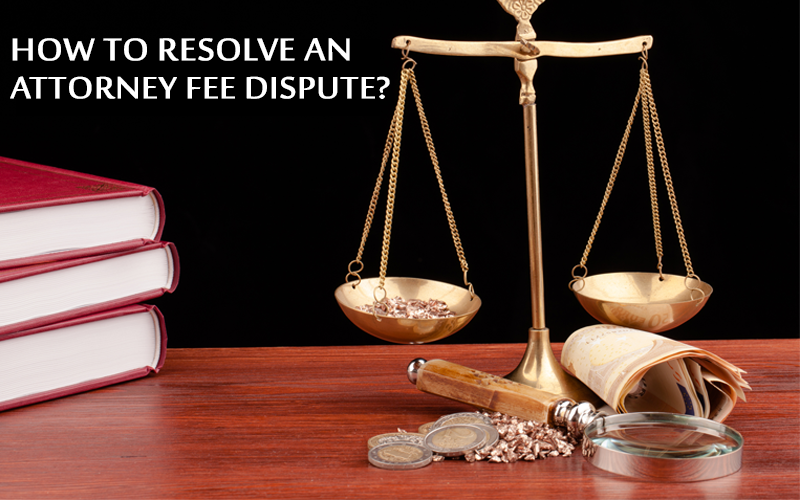A cause of strain and stress, attorney fee disputes have become a common issue in an attorney-client relationship. Usually disregarded, overly inflated legal bills are becoming increasingly frequent. A breach of the fiduciary duty present between a client and an attorney, intentionally overstating charges or failing to pay attorney fee for any provided legal services is a clear violation. With unethical billing practices a source of distress within the legal industry, attorney fee allocation can help mediate the tension that is present between clients and attorneys. Given the nature of the job, each attorney uses a distinct method of billing their legal services.
▶ Hourly Fee
In an hourly fee system, attorneys have a fixed hourly rate for the legal counsel they provide. By multiplying the fixed rate by the number of hours an attorney is likely to work on a case, a client can figure out an approximate amount they’re likely to incur. That said, this forecasted cost will not comprise out-of-the-pocket expenses, such as photocopying, telephone bills, travelling or any other charges that are typically covered by a client. Moreover, family and civil law cases are usually billed on an hourly basis.
▶ Fixed Fee
In a fixed fee system, attorneys have a fixed fee for the legal services they provide. Such a fee system is utilized for any general legal services, such as drafting a will or facilitating a simple real-estate transaction. Given that they are managing uncomplicated processes, attorneys typically charge a flat rate.
▶ Contingent Fee
In legal cases involving auto damages, accidents or personal injuries, attorneys can settle for a percentage of the compensation secured by the client as the fee for their legal services.
One of the most important factors is for clients to be aware of the charges they are paying to their attorney. Widely known for slipping in duplicative billing and several other elements into the bill they charge, clients need to make sure they’re careful when dealing with any sort of legal counsel. Following is the criteria a client can use for assessing the reasonableness of an attorney’s fee allocation:
- The experience of the Attorney;
- The particular legal expertise of the Attorney;
- The amount of time involved in handling the legal matter;
- The amount of responsibility required for the legal matter;
- The Attorney’s expenses of doing business, e.g. firm size, rent, miscellaneous costs, etc.
- The rate of fee typically charged by other legal services providing the same legal services.
How does Cooper Law help In Attorney Fee Allocation?
The firm has represented clients spread across the nation. From business corporations, governmental entities to insurance companies, Cooper Law is known for analyzing and reviewing attorney fee disputes for a variety of clients. Using a step-by-step approach, their team carries out an attorney fee audit for efficiently resolving any attorney fee disputes. Well-versed with varying federal and state laws, they use their knowledge to best serve their clientele. With 40 years of experience by their side, they analyze each matter from a neutral point of view and provide personalized legal representation for each and every client.




